As the days grow shorter and the temperatures drop, preparing your home for winter becomes a priority. Here are some essential tips to winterproof your home and ensure a warm and cosy winter.
1. Schedule a boiler service
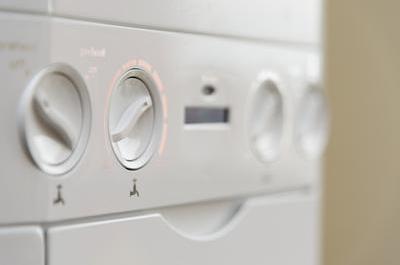
A well-maintained boiler is crucial for efficient heating and preventing costly breakdowns. Schedule an annual boiler service to ensure your boiler is in top condition and operating at peak efficiency. A professional technician will check for any potential issues, clean and adjust components, and ensure your boiler is running safely.
2. Protect your pipes from freezing
As temperatures drop, pipes near external walls or exposed areas are susceptible to freezing, which can cause burst pipes and costly water damage. To prevent frozen pipes:
- Locate the stopcock for your external water supply and turn off the water supply to outdoor taps and pipes
- Drain any remaining water from outdoor taps
- Install insulated covers on outdoor taps to provide additional protection
3. Put your hosepipe away to prevent cracking or freezing
Drain and store your hosepipe properly to prevent it from freezing and cracking. Disconnect the hosepipe from the tap and drain out any remaining water. Coil the hosepipe neatly and store it in a sheltered area, away from direct sunlight.
4. Get professional window cleaning to make the most of winter sunlight
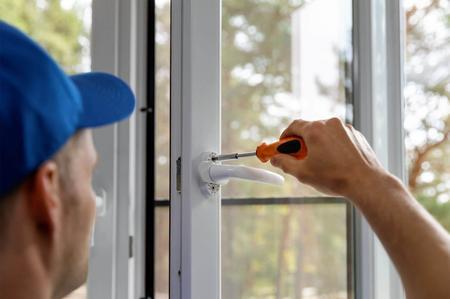
Clean windows allow sunlight to penetrate your home, providing natural heat and warmth.
Consider hiring a professional window cleaner to ensure your windows are sparkling clean and maximising the benefits of the limited sunlight available during the winter months.
5. Upgrade windows and doors to lock in more heat in winter
Consider investing in new, energy-efficient windows and doors. Double-glazed or triple-glazed windows provide better insulation, reducing heat loss and noise. Look for doors with proper seals to keep drafts at bay.
6. Clear gutters of debris to allow effective drainage and prevent water damage
Clogged gutters can overflow, causing water damage to your roof, foundation, and interior walls. Regularly clear gutters of leaves, debris, and twigs to prevent blockages and ensure proper drainage. For added protection, consider installing gutter guards to minimise the accumulation of leaves and debris.
This is a service you can ask your window cleaner to perform for you, but if you intend to use a ladder and do it yourself, make sure to take appropriate safety precautions.
7. Store or protect outdoor furniture to prevent winter damage
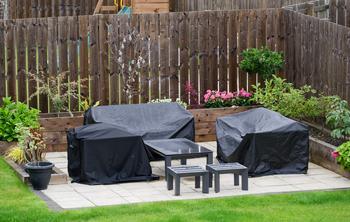
Outdoor furniture items, especially things like cushions, are not designed to withstand the harsh elements of winter. Protect your outdoor furniture by:
- Storing it indoors if space permits
- Covering furniture with waterproof covers or tarpaulins
- Securing covers with bungees or ropes to prevent wind damage
8. Replace smoke and carbon monoxide detector batteries
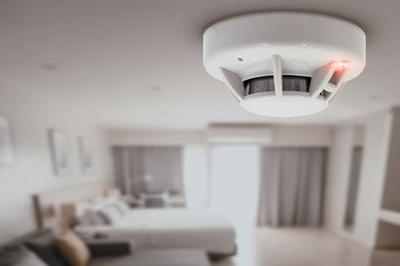
Ensure your family's safety by replacing the batteries in your smoke and carbon monoxide detectors twice a year.
These essential devices can alert you to potential hazards in your home, giving you time to react and prevent a dangerous situation, which is particularly important in the winter months when you are likely to be spending more time indoors.
9. Insulate to retain your home’s heat during the winter months
Proper insulation plays a vital role in retaining heat and reducing energy costs during the winter months. Consider upgrading your attic insulation or adding insulation to your walls and floors to improve your home's energy efficiency and keep it warmer.
Find Master Builders in your area who can help you insulate using our online search tool.
10. Keep your home warm in winter using draft excluders
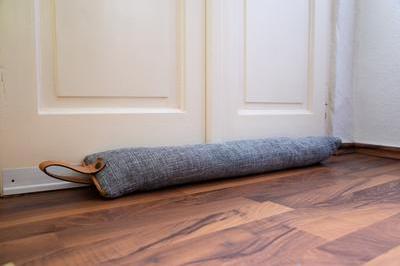
Drafty areas around doors, windows, and vents can let heat escape, making your home feel colder and increasing energy bills.
You can seal off these areas with door sweeps, weather stripping, and caulk to prevent drafts and keep your home warm.
11. Utilise rugs and curtains
Rugs and curtains provide additional insulation, trapping heat and helping to keep your home warmer. Lay down thick rugs in living areas and bedrooms and hang heavy curtains or blinds to further insulate your windows.
12. Install a programmable thermostat to ensure winter warmth
Installing a programmable thermostat will allow you to set different temperatures according to the time of day. You can lower the temperature when you’re not at home, and increase it just in time for your return, enhancing comfort and helping to save on energy costs.
13. Landscape your garden to provide protection against the cold
Strategically planted shrubs and trees around your home can act as a natural barrier against cold winds. This not only provides additional insulation but also enhances the overall curb appeal of your property.
14. Be prepared for winter emergencies
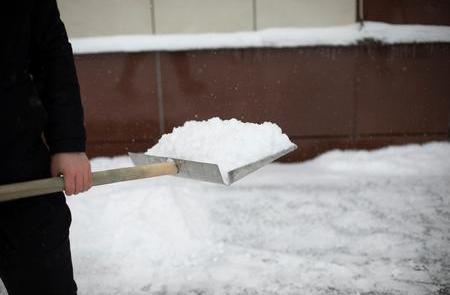
Rock salt can help you clear icy driveways.
Finally, be prepared for unexpected winter weather. Stock up on essentials, such as rock salt for icy pathways, blankets, and emergency supplies.
If possible, ensure your heating system has a backup power source in case of power outages.
By following these essential tips, you can effectively winterproof your home, ensuring a warm, cozy, and comfortable winter season while also reducing energy costs and protecting your home from the elements. Remember, regular maintenance and proactive measures are key to a well-prepared and winter-ready home.
Need advice for your future home projects?
Get advice and support for all your upcoming building and renovation needs with our selection of Ultimate Guides.

